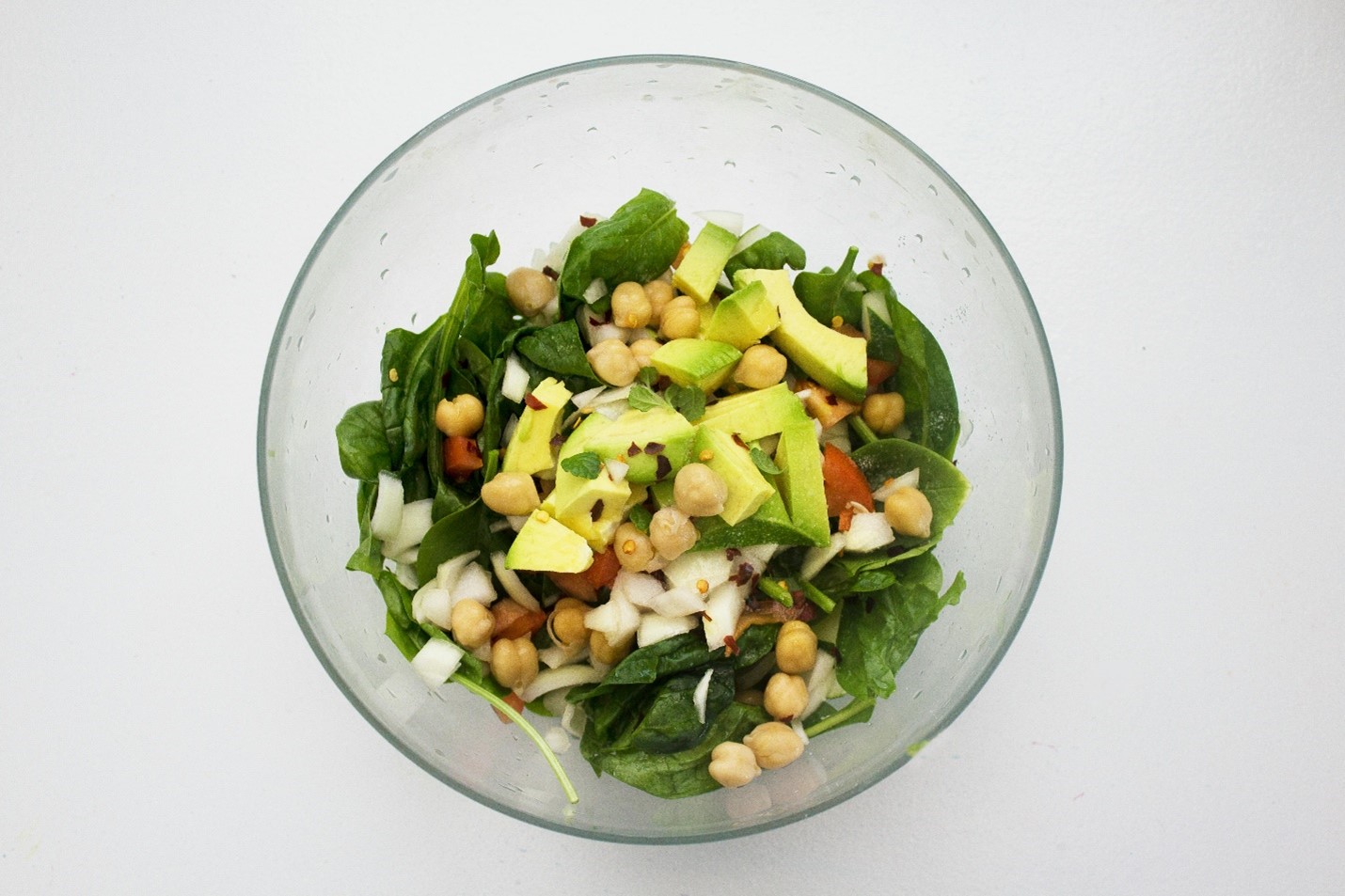Written by: Kristen DiFilippo, PhD, RDN
What considerations do you make when providing nutrition recommendations? You might consider personal characteristics such as health conditions, height, weight, age, activity level, and patient goals, along with resources the patient has available to meet the recommendations. When making recommendations, do you consider the environmental impact? Ensuring the health of a population includes supporting a sustainable food supply for the future (Rose et al, 2019). Considering the environmental impact of what we eat while also ensuring we are meeting individual needs is one way dietitians can support the health of populations now and in the future.
The WHO and FAO have provided guiding principles for sustainable diets that also consider health (FAO and WHO, 2019). The principles that are directly related to dietary intake are listed below.
- Breastfeeding. For environmental sustainability, breastfeeding is recommended exclusively for the first 6 months of age and continued until 2 years along with appropriate complementary foods.
- Reducing highly processed foods and drinks. Focus on switching to unprocessed and minimally processed foods across the food groups to reduce the environmental impact of packaging and processing foods.
- Increase plant-based foods. Include whole grains, legumes, nuts, fruits, and vegetables to reduce the environmental impact of animal production. The production of plant-based products utilizes less environmental resources than animal products.
- Moderate animal products. Moderate intake of eggs, dairy poultry, and fish, and limit red meat intake to reduce the environmental impact of animal production.
- Reduce food waste. Limiting food waste maximizes the use of resources.
In many ways, these recommendations for sustainability align with recommendations for healthy individuals. Have you ever considered the environmental impact of the recommendations that you make? In what ways could you incorporate environmental sustainability into your practice while still ensuring the needs of individuals are met?
References
FAO and WHO. 2019. Sustainable healthy diets – Guiding principles. Rome.
Rose, D., Heller, M., C., Roberto, C., A. Position of the Society for Nutrition Education and Behavior: The Importance of Including Environmental Sustainability in Dietary Guidance. Journal of Nutrition Education and Behavior; 2019; 51:3-15.
Image from Pexels by Deeana Arts















